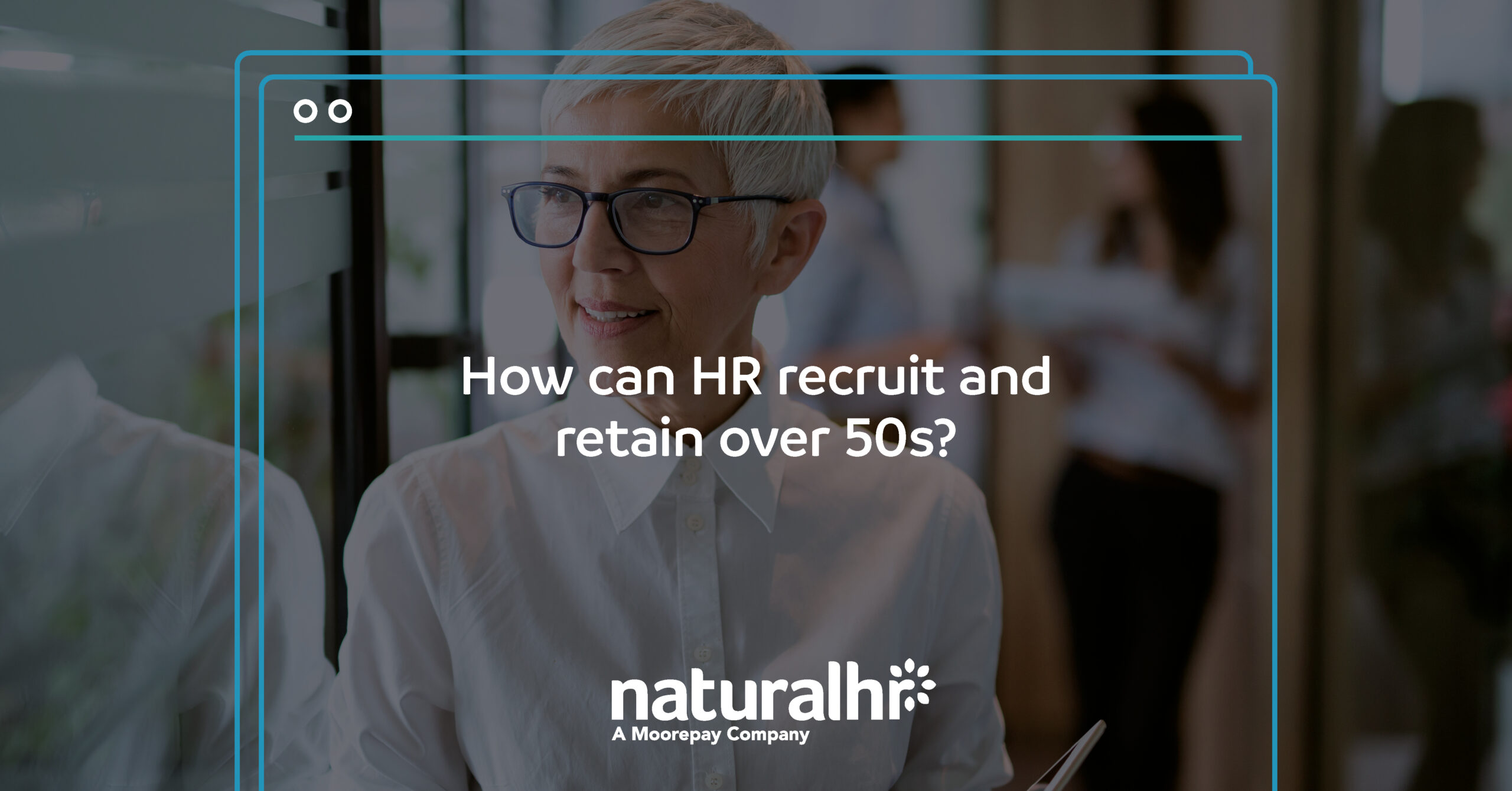
It’s not exactly a brand-new revelation that workers are wanting greater flexibility from their employers as they chase a better work-life balance, particularly in the wake of the pandemic. However, a recent study conducted by the CIPD reveals the true extent of this demand: an estimated four million people in the UK have changed careers due to a lack of flexibility at work. This statistic sheds light on the growing importance of work-life balance and the impact it has on individuals’ professional trajectories. But what are the underlying factors driving this? Work-Life Balance: Achieving a healthy work-life balance has become…






Latest Posts